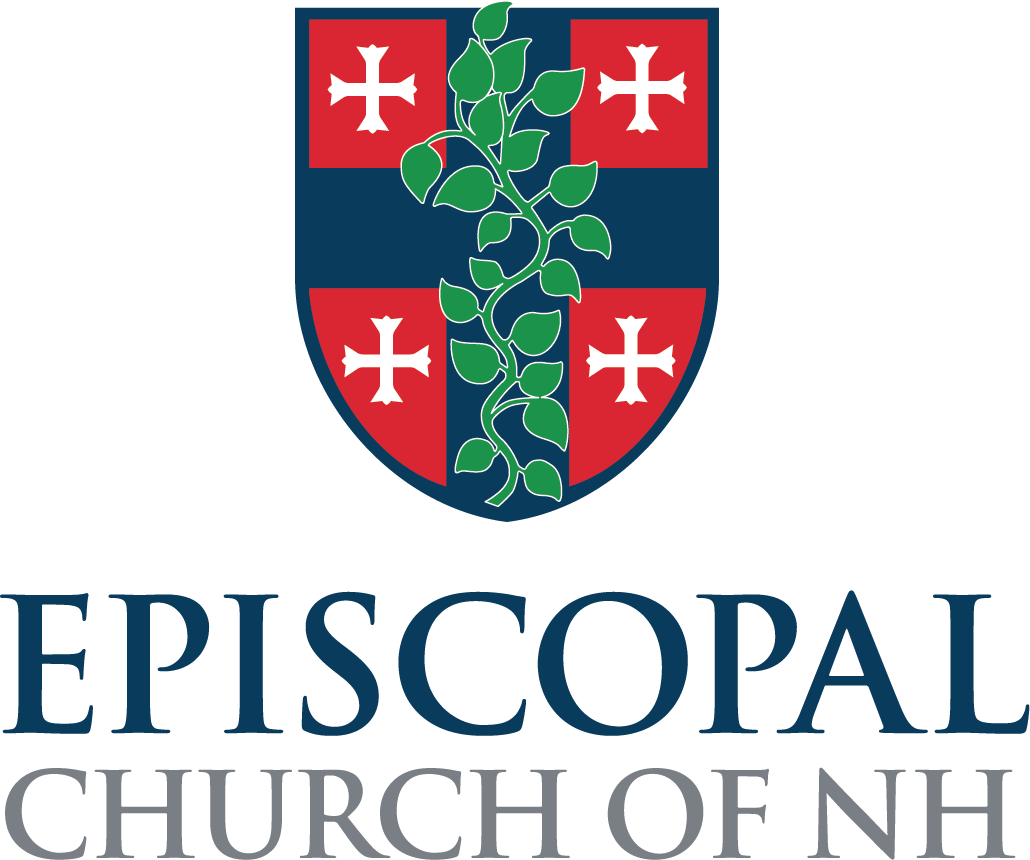Jesus’ entry into Jerusalem on a colt and a donkey--rather than on a war horse--is significant. His choosing to wash the feet of disciples whom he knows will betray, deny, and abandon him is significant. His choice not to call for a divine airstrike on the detachment of soldiers that came to arrest him in Gethsemane, but to surrender himself willingly and peacefully, ordering his fearful disciples to put down their arms, is significant. His choosing to be silent and not to engage in a jousting of rhetoric with Pontius Pilate, who has the power to crucify him, is significant. His choice to give himself up to death on one of the most agonizing, humiliating and degrading methods of execution devised by humankind is significant.
As Jesus entered the environment of Jerusalem on that last week, so we Christians are called to enter a deep contemplation of the agonizing elements of our world and our neighborhoods. Our Holy Week began with a searing reminder of how the world yearns for God’s salvation and healing and justice. On Palm Sunday, as we assembled at our various churches to begin the reenactment the Jesus’s humble entry into Jerusalem, we heard of the two suicide bombings that killed or injured scores of our brothers and sisters in Cairo, Egypt. This horrific news follows the pictures of the victims of the inexcusable chemical attack on civilians in Syria. Closer to home, we continue to hear of the limits of our work to free our neighbors from the scourge of opioid addiction, from gun violence, and the legal resistance to continue to provide hospitality to refugees, including those of the on-going civil war in Syria.
It occurred to me to say to a group of young people being confirmed on Palm Sunday that being a member of the Church does nothing to protect us from the sorrow, the pain, and the vulnerability of the world. In fact, following the Jesus movement means walking the way of the cross as the only means to a lasting life of purpose and true joy. Any church that is solely concerned about its own self-protection and survival has begun its own funeral procession.
But, in Christ, we are alive. Though government executive orders are already curtailing refugee resettlement and Episcopal Migration Ministries is forced to reduce its staff, I know that so many in our parishes are seeking ways to support efforts to bring relief to the suffering of those who live in fear. Several of our churches take seriously, as I do, the Episcopal Church’s commitment to the Sanctuary movement,[1] even as we explore how to open our doors and communities as our Bible urges us to, sometimes at some risk of public and legal opposition. In my travels among the parish communities in the Episcopal Church of New Hampshire, I see the Holiness of Holy Week, the Good News of Good Friday. These include our solidarity with those battling addiction of all kinds (please accept the invitation to observe the Recovery Sunday, on April 30th!); our work to mentor, tutor, feed and support youth and children who on the losing side of the Opportunity Gap; to sit with the dying and those in prison; to weep with and comfort the grieving; and to give God great thanks and praise for the chance that God is always giving us to reconcile with those with whom we have been in conflict. You want to hear about an Easter miracle? Let me tell you about the congregations all over New Hampshire, that have faithful people on every political side, but who would do anything to help their neighbor as a child of God, or their fellow parishioner in need simply because they are members of the Risen Body of Christ.
Our Church, with Christ, bursts out of tombs of fear, grief and cowardice when it sees how, despite the fracture we may be feeling in our hearts about the fallen state of the world, God is not done with us. God is still working God’s purposes out. Even with people like us--fallen, broken, and gorgeously risen in Christ Jesus.
[1] The most recent policy statement of The Episcopal Church is found in Resolution 2015-D057:
"Resolved, That the 78th General Convention recommit to the spirit of the New Sanctuary Movement by supporting congregations so they can assist immigrant individuals, unaccompanied minors, families, and communities by being centers of information, services and accompaniment, and by supporting families facing separation in the absence of comprehensive, humane immigration reform."
